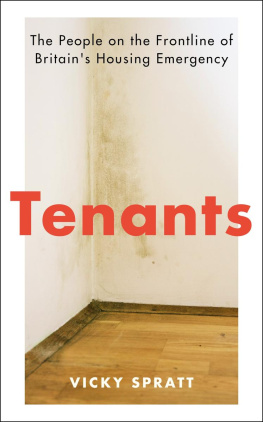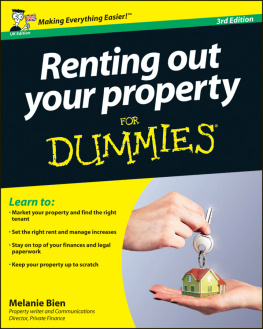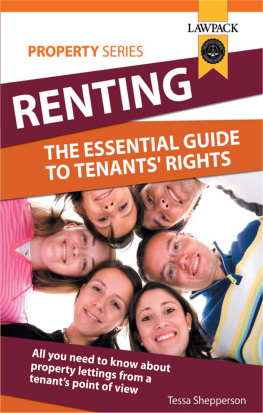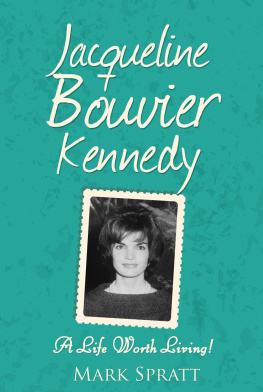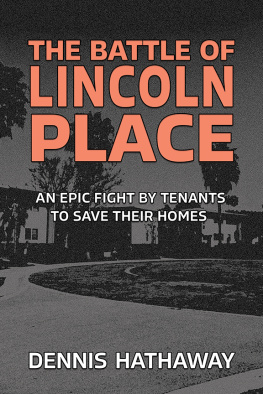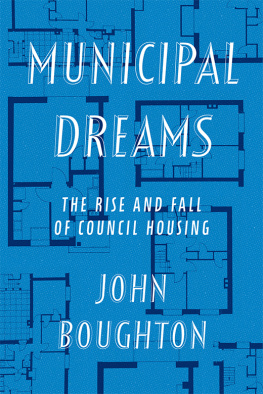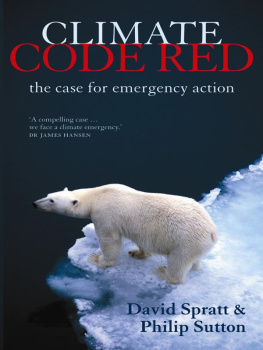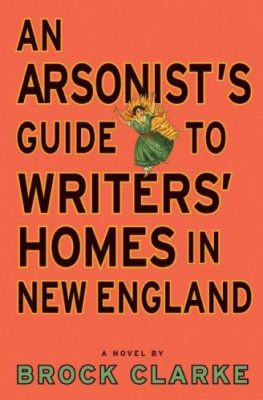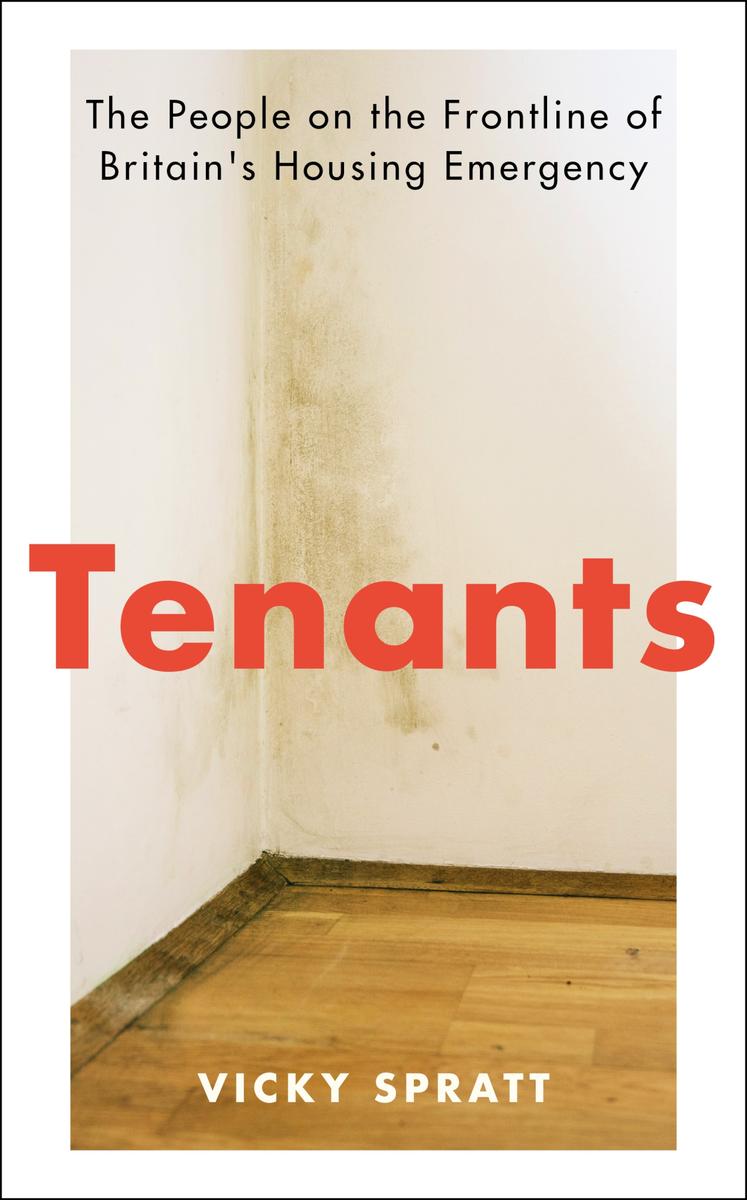T his is a work of non-fiction written between 2017 and early 2022, drawn from five years of research. When I began, Britain had just voted to leave the European Union and was embarking on the process of Brexit. As I finished, a global pandemic spread, making peoples homes into a frontline defence amid a major public health crisis and, in doing so, revealed that home was not a very safe place for some people. During that period, it felt at times as though the country was, at once, imploding and exploding. While some British people saw their dream independence from Eurocracy realised, others felt that just over half of the country had voted for something they did not want but would have to live with. The Labour Party, beleaguered and led by Jeremy Corbyn (and subsequently Keir Starmer), struggled. The Conservatives, led by David Cameron, then Theresa May, then Boris Johnson, fought among themselves and yet continued not only to win elections, but win big. In the early hours of 13 December 2019, Johnson declared victory in an election which delivered the Conservatives their biggest majority since Margaret Thatchers 1987 win and the largest overall majority since Tony Blairs landslide in 2001. This provides important context for Tenants, which assesses Britains housing crisis within the framework of our countrys polarised and polarising party politics.
Dates and figures were accurate at the time of writing. Unless specified otherwise, real names have been used. Where a pseudonym is used to protect a persons privacy, it has been marked with an asterisk. Most of the events described in the book were witnessed first-hand or recounted to me over the phone when that was not possible due to coronavirus x restrictions. Some descriptions are pieced together from interviews with those who were there tenants union members, politicians, staffers of politicians or charity support workers.
The housing crisis is inextricable from wealth inequality. And to talk about wealth is to discuss the inequalities of class (as well as gender, sexuality and race, which I will get to later). It is vital that we unpack class, but throughout this book you will see that I regularly refer to low-income people as opposed to working-class people. Why? Nobody is an entirely reliable narrator of their own story, and the subjectivity of class obfuscates productive conversations about inequality. In 2015, the British Social Attitudes Survey (BSAS) found that 60 per cent of people in Britain identify as working class, suggesting that broad class divisions hold meaning for people. The 2021 edition of the BSAS revealed that 47 per cent of Britons in what sociologists would consider to be middle-class professional and managerial jobs identify as working class. Curiously, a quarter of people in such jobs who come from middle-class backgrounds (in the sense that their parents did professional work) also identify as working class. As Professor Sam Friedman of the London School of Economics (LSE) notes in his own research and analysis of this phenomenon, people find stories of the past of working-class struggle, of upward social mobility, of meritocratic striving that provide powerful frames for understanding their own experiences and identity. A persons class can change throughout their life and they may also feel that they belong to a different class to the one that their socio-economic status puts them in. Class is an identity. Income and wealth are a reality. In their 2009 book The Spirit Level, Kate Pickett and Richard Wilkinson make a similar point, arguing that social class is subjective as it is classified differently in various studies and pieces of research, but income differences are more objective.
Any discussion of wealth and class in Britain necessarily intersects with race and ethnicity. The acronym BAME stands for Black, Asian and Minority Ethnic. Its usefulness is limited in terms of quantitative data and qualitative analysis because it collapses the myriad experiences of distinctive ethnic groups under one baggy umbrella. However, frustratingly, many data on the diversity of experience of housing and economic xi inequality in the UK have used this term, collating varied experiences as one. So, where I use the acronym, it is because the research I refer to has limited itself to it.
Speaking of acronyms, this subject is full of them. Such shorthand serves a purpose, but it has taken me years to learn the language of housing. I have tried to use technical terminology sparingly because I fear it both alienates people, preventing an understanding of the structural forces at play in the housing crisis, and dehumanises those most affected by the housing crisis. At the back of this book you will find a glossary of terms which I hope is helpful where the use of acronyms is unavoidable.
Housing policy in the UK is complex. It is devolved, so while the symptoms and causes of housing stress and inequality overlap there are some differences in legislation between England, Wales, Scotland and Northern Ireland. This book focuses on the worst-hit areas in England and Wales, meaning that London and the south-east feature prominently, but Scotland and Northern Ireland also have their own unique housing emergencies which are referred to throughout. Indeed, the Republic of Ireland also faces a huge housing crisis. I spent the start of 2020 travelling the length of the country and speaking to young people who couldnt afford homes. However, Ireland is not discussed here because it would be wrong to conflate the countrys struggles, distinct and distinctive as they are, with those of the UK though, of course, there are parallels (house price inflation, for instance).
On the subject of housing policy: homelessness is generally distinguished between rough sleeping, street homelessness and whats known as hidden homelessness, that is, people living in temporary accommodation. These hidden homeless have no place to call home but can be hidden from official statistics and arent always receiving support. They may be sofa-surfing, sleeping rough, squatting or sleeping on public transport. They may also not be recorded in temporary accommodation statistics. I dont like the term hidden homeless because these people are anything but invisible and the type of homelessness they face is just as dangerous as rough sleeping, albeit distinctively different. If this term is used in this book, it is because an expert, charity or researcher has used it.
Throughout this book you will notice that I sometimes refer to people xii who are vulnerable to poverty or to homelessness. This is the language of the housing and homelessness charity sector, but I should be clear: I think its important to acknowledge that these people are not inherently vulnerable, they are often made so oppressed by the structural forces of a broken social and economic system.
Finally, Tenants began as an investigation into Britains precarious private rented sector. It turned out to be about what it means to have a safe and stable home in an unstable world, whether thats amid political and economic turmoil or, as it happened, during a once-in-a-generation public health crisis. But above all this book is an investigation into how housing inequality is shaping our country politically, socially and economically. I am a journalist. I am not an economist. However, there will be discussion of economics in this book and, when there is, my intention is that these discussions of the economy and the financial instruments which have shaped our collective experience of housing are accessible. I have included Further Reading for anyone who wants to go deeper into any of the ideas discussed.

